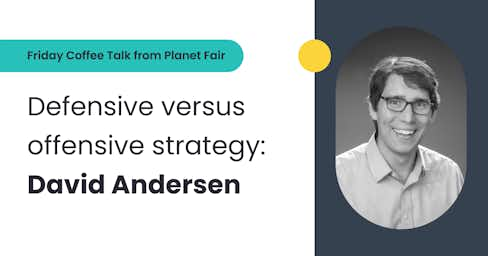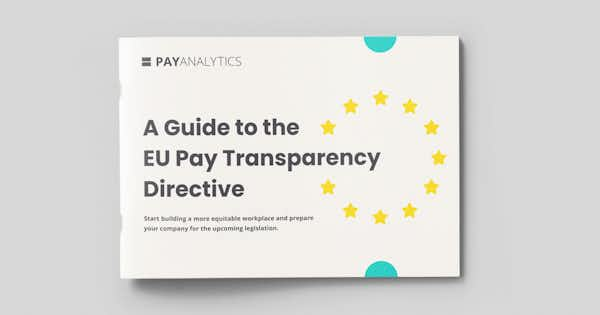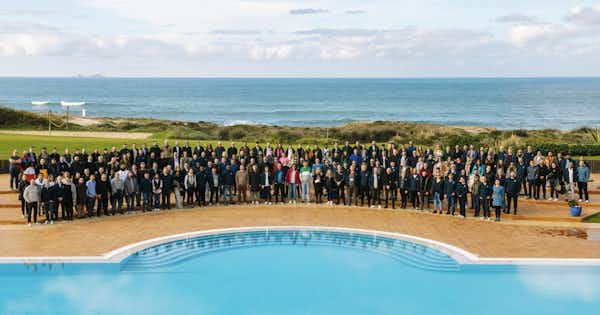Evróputilskipun um gagnsæi í launum | Sækja rafbók hér.

#33 - Defensive versus offensive strategy to close the pay gap - Starring David Anderson
Not all companies have the same motivations for closing their equal pay gaps. In this week’s Coffee Talk, Margret speaks with PayAnalytics co-founder David Anderson about the two major types of motivation and how they influence companies’ decision-making. This short discussion is based on David’s recent presentation at the WorldatWork pay equity forum in Austin, Texas.
Two motivations for closing the equal pay gap
Companies can have either defensive or offensive motivations for closing the gap. Those acting defensively want to meet regulatory requirements or avoid potential lawsuits. Those with an offensive stance want to be able to publicly claim a pay gap of zero or close to zero. They may also want to obtain third-party fair pay certification.
These different motivations affect the point at which a company can consider its pay gap closed. A defensive company can usually rest if it has a relatively small gap (up to about 1.5-2%) but the gap is not statistically significant. But an offensive company with the same gap will need to continue making salary adjustments. For their purposes, a statistically insignificant gap is still a gap.
David has seen two situations where it’s common to see pay gaps that are large but not statistically significant. The first is with smaller companies and the second is with companies where salaries are highly variable. This means that for small or medium companies, it’s especially important to understand the motivation for closing the gap and how much importance to place on statistical significance.
Friday Coffee Talk from Planet Fair is a YouTube series of video chats and interviews co-hosted by PayAnalytics founder Margrét Bjarnadóttir and Henrike Von Platen, founder and CEO of the FPI Fair Pay Innovation Lab in Berlin.


